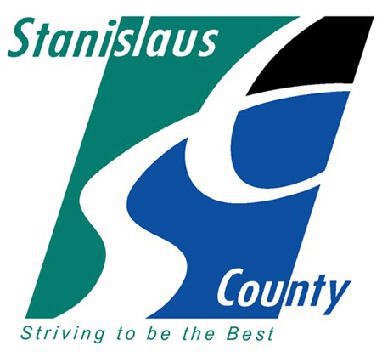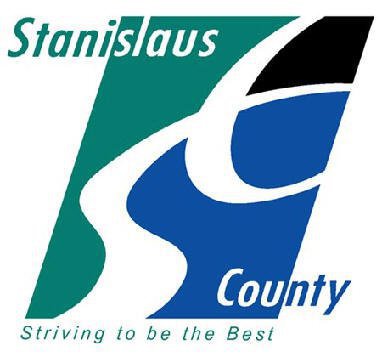The Stanislaus County Board of Supervisors voted unanimously on Tuesday, Nov. 28 to allocate nearly $4.5 million toward mobile behavioral health services over the next 13 months.
In June, the California Department of Health Care Services informed counties of the requirement to provide, or arrange for the provision of, qualifying mobile crisis services to Medi-Cal beneficiaries by the end of the year.
The supervisors voted 5-0 to enter into an agreement with Telecare Corp. for the Provision of 24/7 mobile crisis services in the amount of $4,459,278 through Dec. 31, 2024.
“When we’re looking at the benefits to the community, the proposed 24/7 mobile-crisis service is aimed to provide rapid response to the community and provide individual assessments … to stabilize individuals and avoid unnecessary emergency-department care, or psychiatric inpatient hospitalizations, or unnecessary law enforcement involvement,” said Tony Vartan, the county’s director of behavioral health and recovery services. “This will be something that we’ll be assessing on an ongoing basis to ensure its effectiveness and to work out any other gaps that may exist within the proposed services.”
Telecare will partner with BHRS to implement the mobile crisis services within the county by the end of the year. Telecare will then provide teams to staff the mobile crisis response 24/7.
Teams will be comprised of a mental health clinician, case manager, and/or substance-use disorder counselor, and a peer support specialist.
Due to the limited time for recruitment, it is anticipated that the Telecare program will not be fully staffed by the implementation date. As a result, a two-person team will respond to crisis encounters during the start-up phase.
It is anticipated that BHRS will designate the current support line (1- 888-376-6246) as the phone number for beneficiaries to call to access mobile crisis services.
Headquartered in Alameda, with an office in Modesto, Telecare is a family- and employee-owned company that has been treating individuals with serious mental illness since 1965.
The county’s service will be based upon a Telecare model currently being utilized in San Diego County.
— Also Tuesday, it was announced that a proposed cannabis business tax won’t be on the March 5 ballot, but will be pushed back until the November 2024 election.
The public hearing “to consider the adoption and waiving of the second reading of Ordinance C.S. 1351 to establish a tax on cannabis business activities within the unincorporated areas of Stanislaus County” was removed from the agenda.
Stanislaus County CEO Jody Hayes noted that county staff has “identified some technical administrative requirements in order to meet the deadlines for processing the upcoming March election, and we have concluded that the cannabis tax election will be moved from March of 2024 to November of 2024 and … we will need to schedule a future public hearing that would align with that November 2024 election timeline.”
The county is proposing an 8 percent tax on retail cannabis shops in the county’s unincorporated areas. If approved the tax would replace the county-fee requirements in development agreements that many retailers feel are onerous.
The tax would not affect cannabis retailers within city limits.





